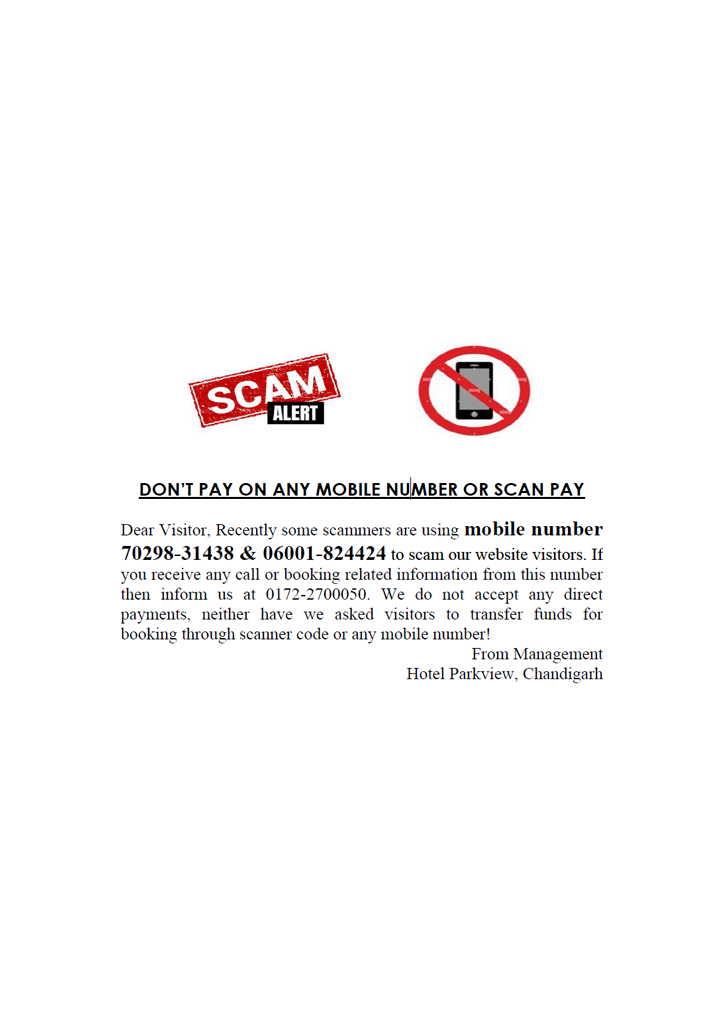Every hotelier is familiar with the impact of online reviews on the hotel industry. Online reviews and feedback are the main ingredients for a hotel’s success in today’s digital world. Understanding the needs and preferences of guests is important for every hotel. Online reviews provide a way to know what your guests are expecting. Even after guests have checked out, an online review system can be useful to make the necessary improvements to your business. Using online reviews to drive up the hotel’s business performance is part of every hotelier’s playbook.
Guest feedback can be great to improve all aspects of your hotel including physical infrastructure, quality of food & drink and overall service. Reviews can also directly affect key metrics like RevPAR and occupancy. Additional amenities like a stable internet/WiFi connections are believed to highly impact the guest experience.
The impact of online reviews on the Hotel Industry
Importance of guest reviews for independent Hotels
Research is a vital part of planning a trip. Before stepping out, travelers take time to analyze the culture and accommodation options available. This is a good opportunity for your hotel to showcase your service quality. According to a study by Barclays, online reviews can drive an extra £3.2 billion in the hospitality sector. This data indicates the importance of guest reviews for independent hotels to improve revenues.
So, even if you are a cozy bed-and-breakfast starting your business, it doesn’t mean your reviews will be rated lower than those of a five-star hotel. People base their reviews on their experience. Hence, if you deliver an exceptional guest experience, your reviews are sure to overpower big competitors. Recent research showed that there is only a 0.74 rating gap between hotels rated two-stars and five-stars.
Handling negative guest reviews
A hotel’s performance relies on positive guest experiences and online reputation management cannot be ignored. To enhance the hotel’s performance, hoteliers need to have a well-thought strategy for online reputation management. Many hoteliers dread negative reviews. However, negative reviews, when managed correctly, can be a great tool to boost revenues. Negative reviews can help to create a positive brand image among your existing and potential guests. When a hotel receives an unfortunate negative online review it does not mean that your hotel and services are terrible. The reality is that no matter how great your business is, not all customers are going to leave happy. While you can’t prevent all bad reviews, you can have a game plan for when it does happen.
Here are a few helpful tips on how to respond to a negative review:
1. Be sensitive and apologize:
Negative reviews will help you learn how to deliver a positive guest experience. At the time of handling negative reviews, you need to put yourself in the shoes of the guest. Whether or not it is your fault, a sincere apology can help to build a rapport with your guest. Believe it or not, using words like “I’m sorry” can mean a great deal in the business world. Even if you are not completely to blame, offering a sincere apology has the power to defuse a situation. If done well, you can have a loyal guest based on this very experience. By apologizing, you show your guest (and potential new guests) that you acknowledge their concerns. You can use this as a chance to display your commitment to providing superior service to all your guests.
2. Offer a solution:
Once you have apologized, offer real solutions to the problem. The solution should reflect that you have considered the matter. You need to be ready to put in the effort to improve. Avoid posting canned responses. Your solution needs to show genuine concern and thoughtfulness. To avoid a bad reputation online, offer to take the conversation offline.
If a guest is very angry it is advisable to speak with them offline. Don’t be afraid to provide them with your direct contact information in a private message.
3. Say “thank you”:
As a hotelier, you need to realize that negative reviews are just as important as positive ones. It is important to let your guests know that you appreciate their time and feedback. But it is equally important to minimize the impact of negative publicity. Of course, getting more positive reviews is always great. However, handling negative reviews effectively is just as important. Once your guests have checked out, email or message your guests for reviews. Studies have revealed that as many as 70% of customers will leave a positive review if asked.



